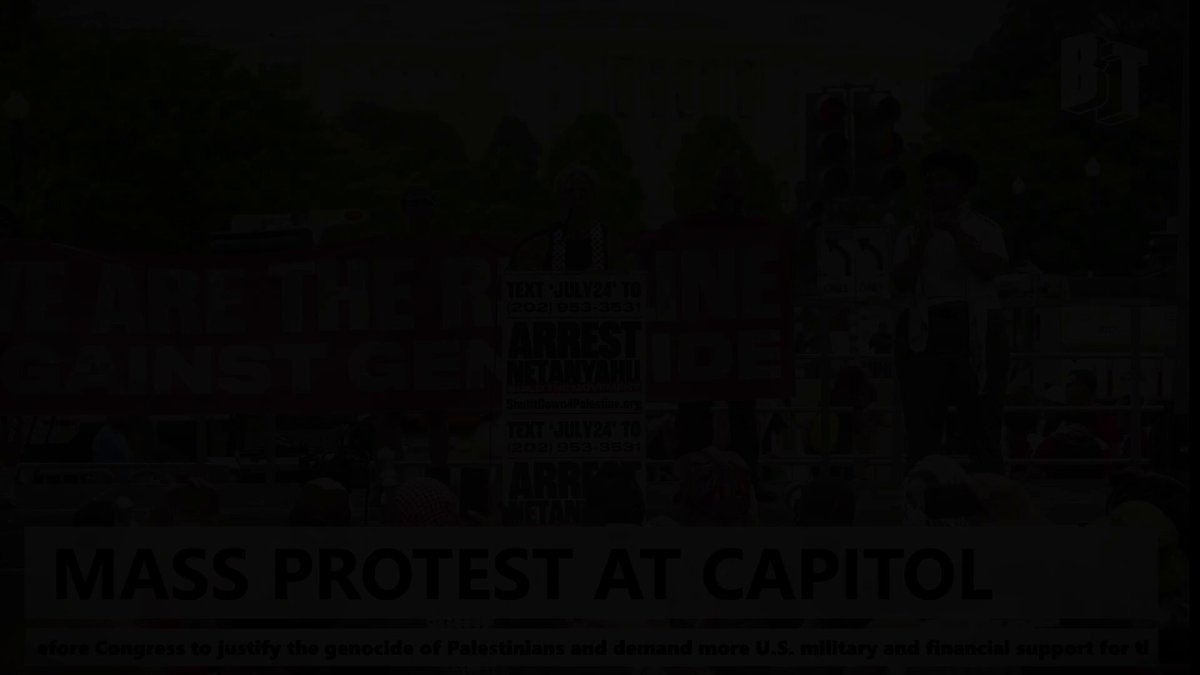The statement addresses a significant public issue, namely the Israeli-Palestinian conflict, and expresses a strong opinion on the matter. It calls for action and references various movements and international stances, making it a part of public discourse.
- The statement uses strong language such as 'genocide' and 'Zionist apartheid state,' which could be seen as harmful and inflammatory, potentially inciting further conflict rather than promoting peace. [-2]Principle 1:I will strive to do no harm with my words and actions.
- The statement does not respect the dignity of others and could be interpreted as engaging in hate speech against a specific group, which violates the principle of respecting privacy and dignity. [-2]Principle 2:I will respect the privacy and dignity of others and will not engage in cyberbullying, harassment, or hate speech.
- The statement does not promote understanding, empathy, or compassion. Instead, it uses divisive language that may deepen existing conflicts. [-2]Principle 3:I will use my words and actions to promote understanding, empathy, and compassion.
- The statement does not engage in constructive criticism or dialogue. It makes broad, sweeping accusations without offering a platform for constructive discussion or understanding. [-2]Principle 4:I will engage in constructive criticism and dialogue with those in disagreement and will not engage in personal attacks or ad hominem arguments.
- The statement uses its influence to advocate for a specific political stance, but it does so in a manner that may not contribute to the betterment of society due to its divisive and inflammatory nature. [-1]Principle 6:I will use my influence for the betterment of society.
- While the statement exercises free speech, it does not use the platform responsibly or with integrity, given its potential to incite hatred and conflict. [-1]Principle 7:I will uphold the principles of free speech and use my platform responsibly and with integrity.
